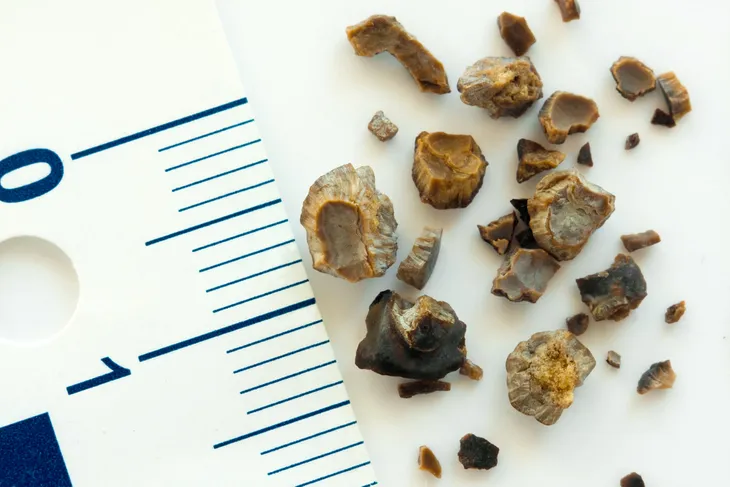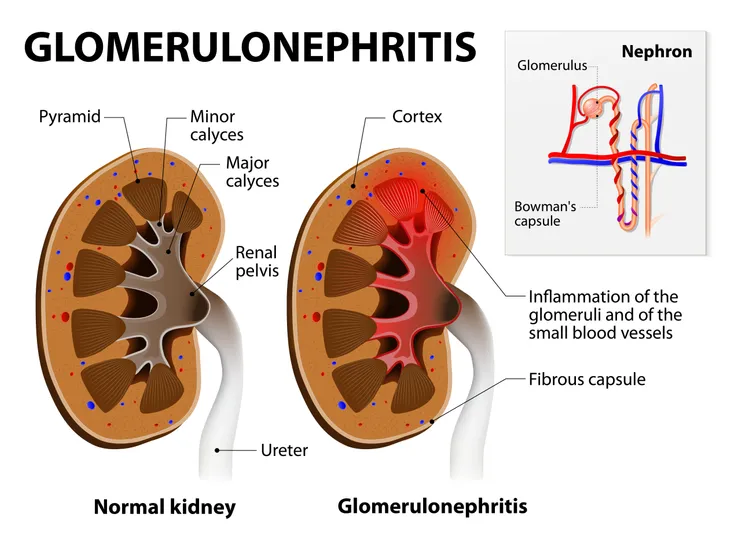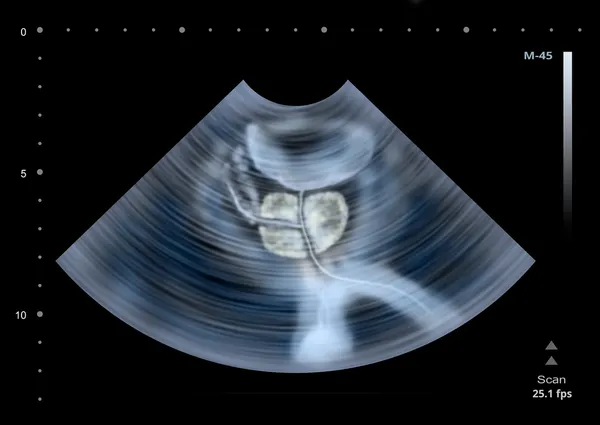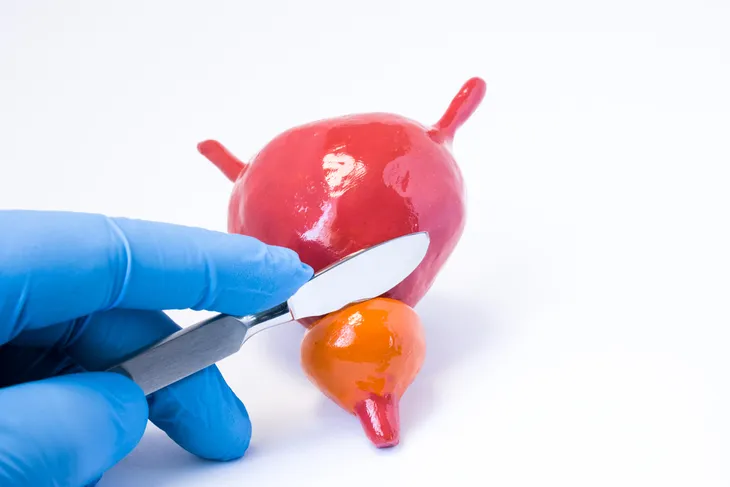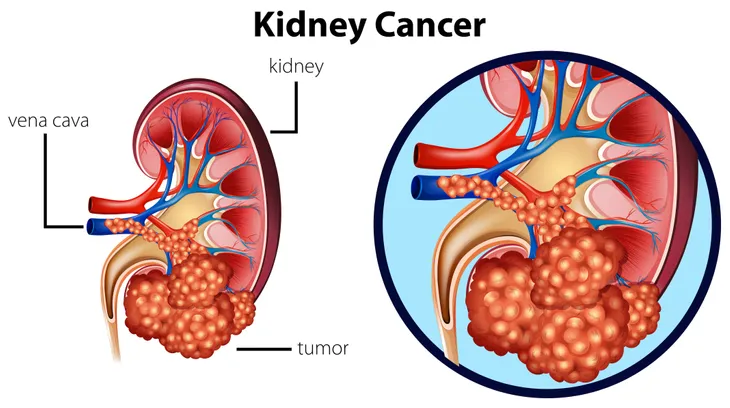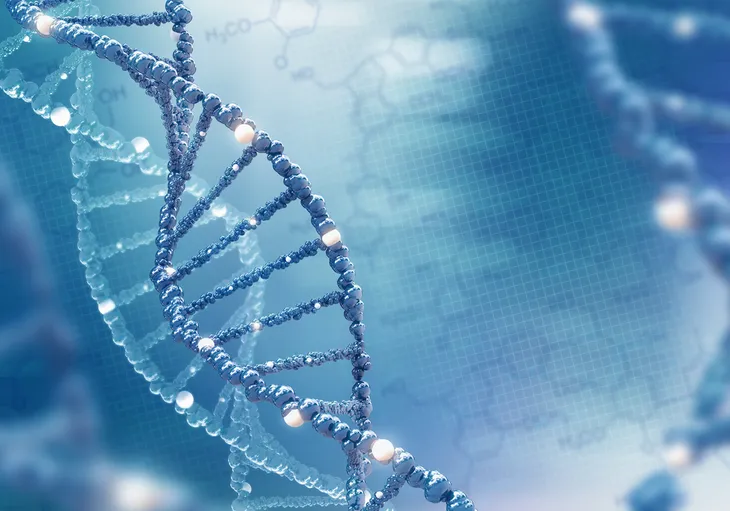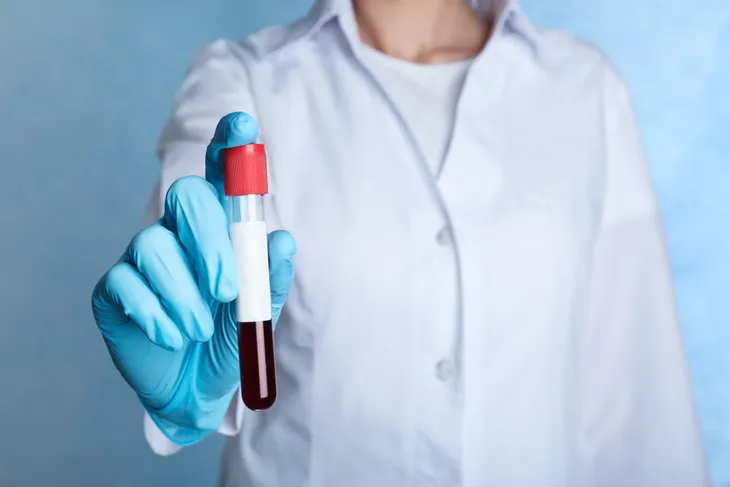Blood in the urine is medically referred to as hematuria. There are two main types of hematuria: gross and microscopic. Gross hematuria can be seen in the urine with the naked eye. Microscopic hematuria is visible only under a microscope. Blood in the urine can come from anywhere in the urinary tract. The urinary tract includes the kidneys (where urine is made), the ureters (tubes that carry urine from the kidneys to the bladder), the bladder (where urine is stored), the prostate (in men), and the urethra (tube through which urine exits the body).
The following are possible causes of blood in the urine…
1. Urinary Tract Infection
Blood in the urine, or hematuria, may be a symptom of a urinary tract infection (UTI). A UTI can occur in any part of the urinary tract. Bacteria entering the urethra and multiplying within the bladder cause the majority of UTIs. The National Kidney and Urologic Diseases Information Clearinghouse estimates that UTIs account for greater than 8-million doctor visits annually in the US. Women are more likely to develop UTIs due to the short length of their urethra and its close proximity to the anus.
Other symptoms of a UTI may include frequent urination, pain or burning with urination (dysuria), and foul-smelling urine. A UTI is most commonly diagnosed by analyzing a urine sample (urinalysis) followed by urine culture to identify the causative organism. Oral antibiotics are the mainstay of treatment for UTIs. When treated promptly and accurately, urinary tract infections rarely lead to complications.
2. Kidney Infection
A kidney infection, or pyelonephritis, can lead to blood in the urine, or hematuria. Kidney infections can occur when bacteria enter the kidneys from the bloodstream or move up into the kidneys from the ureters (tubes carrying urine from the kidneys to the bladder). The infection can affect one or both kidneys. Kidney infections are less common than bladder infections. They are more common in women than men.
Other symptoms of kidney infection may include frequent urination, burning with urination (dysuria), foul-smelling urine, fever, flank pain, nausea, and vomiting. The diagnosis of pyelonephritis is made through urine testing including urinalysis and urine culture. Individuals with severe symptoms may need hospitalization for administration of intravenous antibiotics, while those with lesser symptoms may be treated with oral antibiotics. Most individuals with a kidney infection do not have complications. Rare complications may include kidney scarring, high blood pressure (hypertension), kidney failure, and sepsis (bacterial infection of the blood).
3. Kidney Stone
Blood in the urine, or hematuria, may be a symptom of kidney stones, or nephrolithiaisis. Kidney stones are one of the most common disorders of the urinary tract. They occur when minerals in urine become highly concentrated and precipitate out of solution forming crystals. Over time, the crystals become small, hard stones. The major types of kidney stones are calcium (most common), uric acid, struvite, and cystine. Anyone can form a kidney stone, but men are more commonly affected than women.
Other symptoms of kidney stones may include excruciating one-sided back or lower abdominal pain, nausea, and vomiting. Kidney stones are most commonly diagnosed with a KUB (kidneys, ureters, and bladder) X-ray or computed tomography (CT) scan. Small kidney stones are usually passed through the urine without complication. Larger kidney stones may obstruct urine flow and may need to be treated with shock wave lithotripsy. Lithotripsy crushes kidney stones into smaller pieces that can be passed through the urine.
4. Glomerulonephritis
Glomerulonephritis can be a cause of blood in the urine. Glomerulonephritis refers to inflammation of the glomeruli, which are structures in the kidney responsible for filtering wastes and removing excess fluids from the blood. It can be acute (sudden) or chronic (long-term). Glomerulonephritis may have various causes including bacterial or viral infections (e.g. strep throat, HIV, hepatitis C), autoimmune diseases (e.g. lupus), vasculitis (inflammation of blood vessels), and systemic diseases such as diabetes and high blood pressure.
Other symptoms of glomerulonephritis may include swelling (edema) of the hands and face, excess protein in the urine (proteinuria), decreased urination, fatigue, and high blood pressure. A kidney biopsy is almost always needed to confirm a diagnosis of glomerulonephritis. Depending on the cause, treatment may incorporate antibiotics, antihypertensives, steroids, and/or plasmapharesis (mechanical removal of antibodies from the blood). Complications of glomerulonephritis may include acute or chronic kidney failure, high blood pressure, and nephrotic syndrome (high levels of protein in urine, low levels of protein in blood, high cholesterol, and swelling).
5. Prostate Gland Enlargement
Prostate gland enlargement, also known as benign prostatic hyperplasia (BPH), can be a cause of blood in the urine for males. BPH is a common problem in older men and represents noncancerous enlargement of the prostate gland. The gland is located just below the bladder and the urethra, which carries urine from the bladder, passes through the center of the gland. As men age, the gland enlarges causing compression of the urethra and partial blockage of urine flow.
Other symptoms of prostate gland enlargement may include frequent urination, difficulty starting urination, dribbling, and feeling as if the bladder is not completely emptied. The diagnosis of BPH can be made with a prostate specific antigen (PSA) blood test and a digital rectal examination (DRE) by a physician. The PSA is usually elevated in BPH. The DRE assesses the size and shape of the prostate gland. BPH is usually treated with oral medications or a surgery called a TURP (transurethral resection of the prostate).
6. Bladder Cancer
Bladder cancer may be a cause of blood in the urine. The bladder is the organ in the body that holds urine. The three main types of bladder cancer are transitional cell carcinoma, squamous cell carcinoma, and adenocarcinoma. Transitional cell carcinoma is the most common type of bladder cancer. Tobacco use is the most common cause of bladder cancer in the US. The American Cancer Society estimates that 74,000 new cases of bladder cancer will be diagnosed in the US in 2015.
Other bladder cancer symptoms may include frequent or urgent urination, painful urination (dysuria), and urinary incontinence. Bladder cancer is usually diagnosed with cystoscopy-guided (visual examination of the bladder with a small camera) biopsy. Treatment may incorporate surgery, immunotherapy, chemotherapy, and radiation therapy. Bladder cancer has the highest recurrence rate of any malignancy (i.e. 70-percent within 5-years).
7. Kidney Cancer
Kidney cancer arises in the kidneys and may be a cause of blood in the urine. The most common type of kidney cancer is renal cell carcinoma. The American Cancer Society estimates that 61,650 new cases of kidney cancer will be diagnosed in the US in 2015. The exact cause of kidney cancer is unknown. Risk factors for the disease include smoking, obesity, dialysis treatment, polycystic kidney disease (a genetic disorder causing cysts to form in the kidneys), and high blood pressure.
Other symptoms of kidney cancer may include abdominal or flank pain, unexplained weight loss, mass in the abdomen or flank, fatigue, fever, and loss of appetite. A kidney biopsy is necessary to rule out or confirm the presence of cancer. The primary treatment options for the treatment of kidney cancer include surgery, radiation therapy, chemotherapy, immunotherapy, and molecular-targeted therapy. The National Cancer Institute estimates the 5-year survival rate for kidney cancer is 70-percent.
8. Prostate Cancer
Prostate cancer may be a cause of blood in the urine (hematuria). After skin cancer, prostate cancer is the most common cancer among men in the US. The American Cancer Society estimates that 220,800 new cases of prostate cancer will be diagnosed in the US in 2015. The overwhelming majority of prostate cancers are adenocarcinomas, which are tumors originating in the cells of glands. Risk factors for prostate cancer include advancing age, African-American ethnicity, and positive family history.
Other symptoms of prostate cancer may include urinary retention, back pain, unexplained weight loss, loss of appetite, and anemia. Elevations in blood levels of prostate specific antigen (PSA) and abnormal findings on digital rectal exam (DRE) are suggestive of disease. A prostate biopsy is necessary to rule out or confirm the presence cancer. Standard treatments for prostate cancer may include active surveillance, watchful waiting, surgery, radiation therapy, and hormone therapy.
9. Medications
Some medications may be a cause of blood in the urine. Various classes of medications have been implicated as the culprits of hematuria such as some antibiotics. Blood thinners, pain relievers, and psychiatric agents may also cause hematuria. Some anti-cancer medications have also been noted as causative agents of hematuria. If you’re concerned that your medication may cause hematuria, talk to your doctor.
10. Exercise
Exercise may be a cause of blood in the urine, or hematuria, and has been described after a variety of forms of exercise. Hematuria has been noted after contact sports such as football and boxing and noncontact sports such as long distance running, swimming, cycling, and rowing. Runners are most often affected by exercise-induced hematuria. The hematuria induced with exercise may be gross or microscopic.
The occurrence of blood in the urine after exercise is rare. The mechanism by which exercise causes hematuria is poorly understood. Some think it may be linked to bladder trauma, dehydration, or the breakdown of red blood cells induced by sustained exercise. Hematuria induced by exercise is usually not serious (benign) and resolves without complication (self-limited).
11. Inherited Syndrome
One cause of hematuria that’s out of your control is an inherited syndrome. Mayo Clinic says that some people might have a hereditary defect of hemoglobin in red blood cells. This causes blood in the urine that’s both visible and microscopic. Another example of an inherited disorder that can lead to hematuria is Alport syndrome, which involves the progressive loss of kidney function.
12. Kidney Injury
A blunt injury to the kidney can sometimes lead to blood in the urine. Whether it be due to an accident or sports injury, it’s important to be cautious and prevent receiving a severe blow to the kidney.
13. Blood Disorders
In rarer cases, blood in the urine may appear due to a blood disorder. If a patient bleeds into the urinary tract, it can cause discoloration in the urine. This can occur in patients already diagnosed with a blood disorder, or be a symptom in patients with an undiagnosed blood disorder. It’s important to a complete health investigation so doctors can rule out a blood disorder as the reason behind hematuria.
14. Hematuria Isn’t Always Obvious
For many people, it can be obvious when there is blood in the urine if it appears pink, red, or brownish-red. But blood in the urine isn’t always visible to the naked eye. Sometimes, it may only be identified during a lab test. This is called microscopic hematuria. The only way for this to be caught is if you get your urine tested, especially if you’re not experiencing other symptoms.
15. Risk Factors
While hematuria can happen to anyone, there are a few factors that can increase your risk. Taking certain medications like penicillin, antibiotics, and pain relievers are known causes of hematuria. This is also commonly seen in men over the age of 50 due to an enlarged prostate gland.
A recent infection is another reason why people see blood in the urine, and this is even one of the leading causes in children. To find out if you may be prone to hematuria, you should find out whether there is a family history of kidney disease or kidney stones.
16. Kids Can Also Get Hematuria
Parents should be aware that children can also get blood in the urine. It has more than 100 different causes and can be a common finding in children. Many of the reasons why this occurs is similar to how it develops in adults.
Some causes may include:
- Abnormal structures in the urinary tract
- Inherited diseases
- Mineral imbalances in the urine
- Glomerulonephritis
17. When to See a Doctor
Not all cases of hematuria are dangerous, but the only way to find out its cause is by seeing your doctor. It’s possible blood is in the urine for a serious reason. Don’t ignore blood in the urine and see your doctor right away. You should also seek medical attention if urinating is painful, or if there is abdominal or kidney pain.
Healthline advises you to seek emergency help if there are blood clots when you urinate, or if you have blood in the urine along with any of these symptoms:
- Nausea
- Vomiting
- Fever
- Chills
- Pain in your side, back, or abdomen
18. Finding the Cause of Hematuria
After your doctor finds out there is blood in your urine, you will undergo some medical testing. Doctors will give you a physical exam and collect a urine sample. The sample will be tested to detect blood and possibly the cause. In some cases, you may be required to undergo a CT scan or a cystoscopy to have the interior of your bladder and urethra examined.
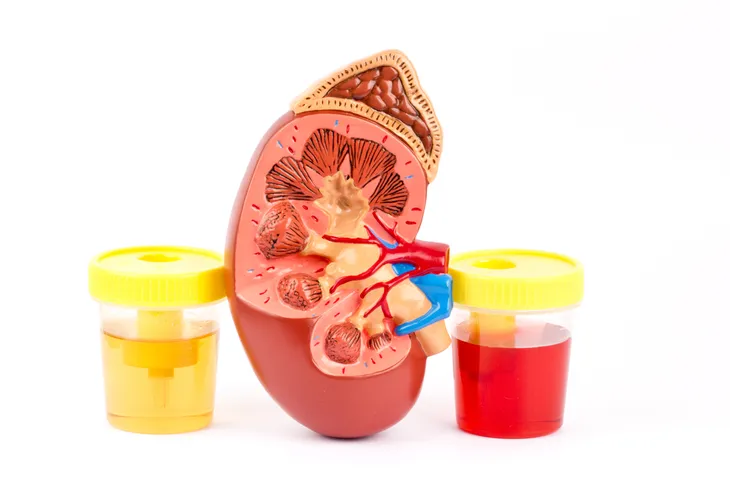 Tom Schoumakers / Shutterstock
Tom Schoumakers / Shutterstock


